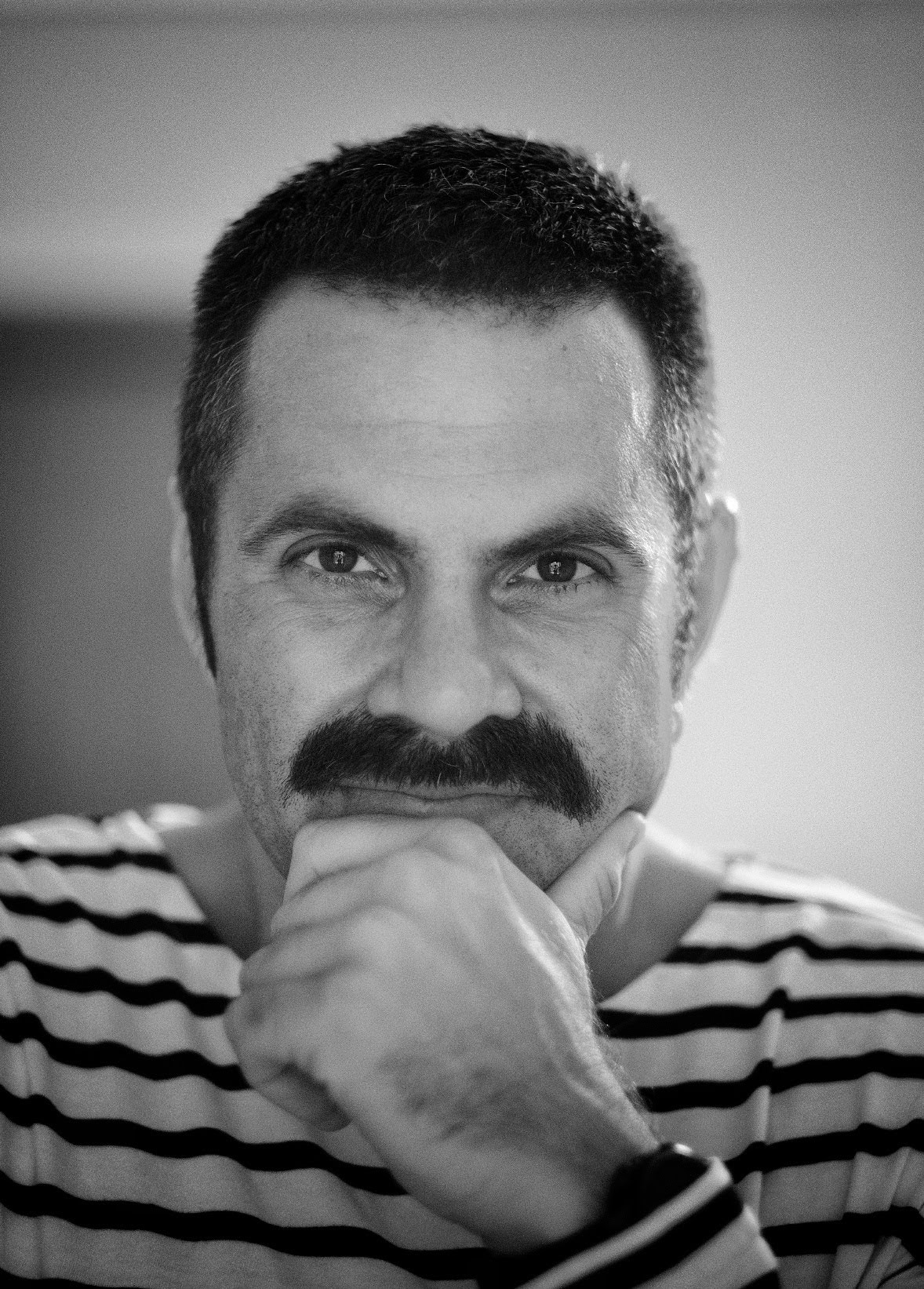How do we deal with fear, solitude and the host of emotions we’re all going through at this exceptional time? The Florentine‘s Jane Farrell speaks with Florentine psychotherapist Dr Paolo Molino about the emotions we’re experiencing during coronavirus lockdown and how we can process them. These are Dr. Molino’s top tips for good mental health during coronavirus, as presented to the public during one of our TF Together online chats.

Dr Paolo Molino, psychotherapist and psychologist based in Florence
1. Speak out
The fact that we are isolated and secluded can elicit a lot of different emotions, the main one of which is fear, both health-wise and financially. So how do we deal with that, because fear is normal; it’s normal to be afraid because we don’t really know what we’re dealing with and the enemy, so to speak, is invisible. What I would advise you to do is to authorize yourself to be afraid and to speak out, talk about your fear. You’re not whining, you’re actually saying something that is consistent with what is going on. People often censor themselves a lot which brings us to feeling pressurized. Fear is something that is difficult to handle for most of us, so we need to channel it somewhere, and anger seems to be much more manageable than fear in the short-term. Therefore, we become agitated, snappy and edgy, you name it, because it seems that we can have instant relief. However, that brings consequences, but if we talk with our fear, we can find intimacy with the important other that we are being with, and also with ourselves, because we are being present with ourselves. What I invite you to do at home if you feel agitated, is to try to find your red flag and listen to it. When you feel angry, try to ask yourself what you are afraid of; your fears are legitimate. If I go to my partner and say I’m afraid—I’m afraid that my parents get sick, or I’m afraid that I will be out of a job pretty soon—these are legitimate fears, and it’s very important that you feel them and authorize yourself to talk about them and to authorize yourself to be you without judging yourself, or else otherwise it’s another stressor.
2. Develop a new routine
The positive thing right now is that by being forced into our homes with lots of free time, we are slowing down from our normal lives. We usually live at a very fast pace and now can take life at a slower pace. The problem is that this also creates anxiety by no longer having our usual routine. We are all attached and very affectionate about our routines; it’s normal. We are creatures of habit, so the thing we need to acknowledge is how many things have happened to us in such a short space of time. Think back to the very first decree that took place over a weekend. We went to bed on Friday and on the Sunday the world was upside down. Shops closed, limited movement of freedom and so on, therefore, freezing is normal, being afraid is normal, but how do I unfreeze myself? By talking and accepting the situation, and not feeling like an alien for feeling the way you do. Uncertainty is a fact, it’s a hard fact, not an opinion: we are uncertain because we don’t know the nature of the virus, we don’t know when it’s going to end. I’m not saying this because I want to scare people, because I’m scared too, but these are the facts, so allow yourself to be uncertain. The problem is now that there is uncertainty, you try and find a new reshaped routine for you. So instead of staying in your pyjamas all day and binge watching Netflix, make things as normal as possible by creating a new routine, and try to be as normal as possible. Take a step back and look at life as it is now, would I like to try a new sport? Is there a hobby I could take up? Reshape your life in a comfortable way. Get curious about yourself and how you live your life. Don’t dwell too much on the fact that we can’t go for an aperitivo or that we can’t go outside; we know that’s not possible for now so we need to think about what can be our drive, motivation and energy during this time. The answer is curiosity: curiosity about ourselves and about others.

3. Switch off
Something I advise everyone is to just check the news twice a day, not more than that. This is a choice that we can make, let’s empower ourselves, and above all choose carefully where we get our information. Choose the Italian Ministry of Health, in my opinion, it’s the only reliable source of information about Coronavirus and what’s going on and how it’s evolving. But only check it twice a day. The rest of the day, watch a YouTube tutorial, get fit, or watch a movie, learn about African nature in a documentary, whatever comes to mind; just stop looking for news. Because often the news is given from a click-baiting perspective and there’s so much fake news and partial news, and all it does is activate our nervous system, engaging the cortisol hormone, the flight or fight hormone, which is dangerous because these emotions create all this energy that needs to be released. We need to lower and lessen our sources of stress.
4. Strive for authenticity
What I’m proposing is like the moon because this is a long-term therapy goal: getting to the gist of authenticity. However, what is happening right now is an opportunity pushing us towards being our most authentic selves. Talk about your emotions instead of how many deaths there have been and this will bring you also another benefit: when you talk about your emotions and what you’re feeling, you get to have intimate and authentic relationships and this is something that then in return brings good—you feel satisfied and full. What gives us our sense of purpose in life is how we relate with people and this is a chance to think about how we do that.
5. Watch out for red flags
Something to pay attention to is when it’s time to ask for more help and reach out to a professional. The main red flags are anger and feeling frozen. If you feel like you can’t move or act, it’s not depression, it has to do with shock. Anger is usually a red flag in all its shades as when I’m angry, I’m usually hiding something, because anger is an emotion composed of fear and powerlessness. It’s necessary to go underneath and explore these emotions. Feeling stuck and locked can lead to obsessive brooding and a professional could guide you on how to overcome that.
Paolo’s website goes further into these emotions and on how to gain perspective. He is available to take emergency calls for free during this period and is on hand for anyone needing to reach out.








